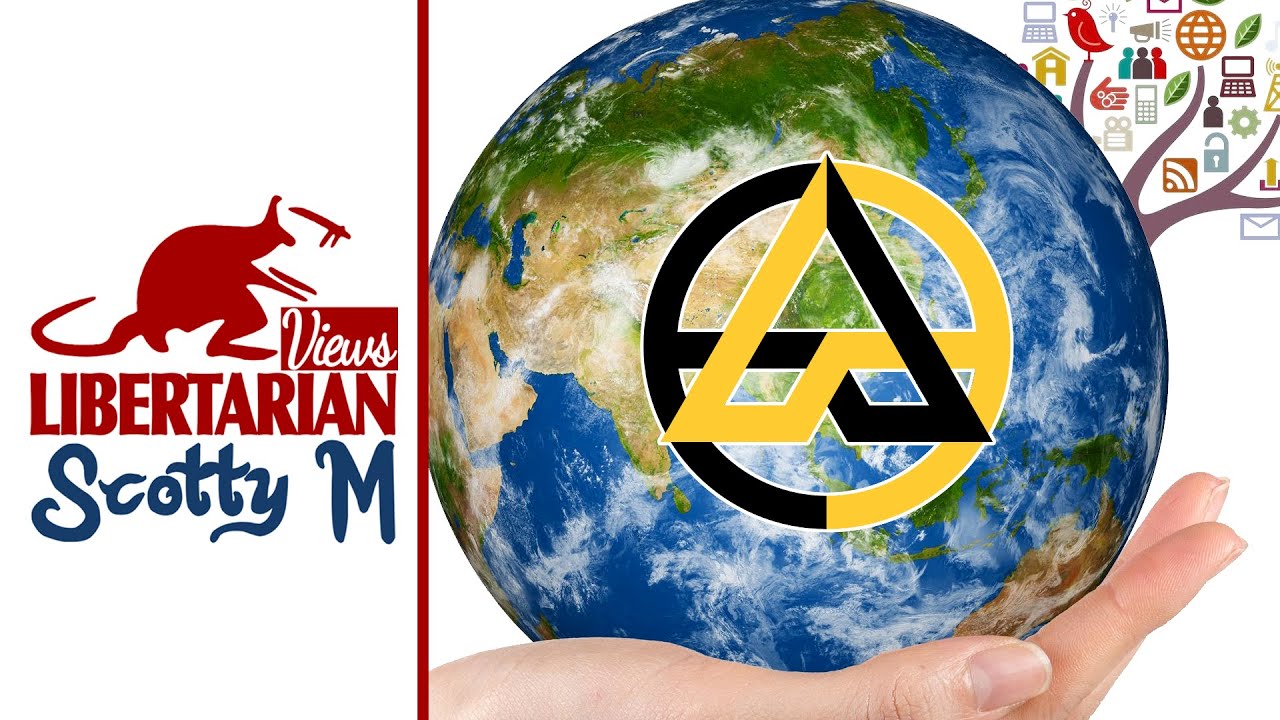- cross-posted to:
- comradeship
- cross-posted to:
- comradeship
cross-posted from: https://lemmygrad.ml/post/534042
This is a response I have to Libertarian Scot.
Main ones:
My mother is personally works in a store owned by my uncle, she has voluntarily participated despite practically no say in it particularly wages yet is unable to leave because she has no other job to look for. She does not have the sufficient capital to start her own store and even if she has, the low sales - especially given my area has hundreds of similar stores - means she would face difficulty providing for her family of 4, let alone any workers she would hire. The difficulty in securing enough capital to even have your own private property - i.e. means of production used for profit, not personal property like toothbrushes - let alone keeping up with competitors means “voluntary capitalism” is questionable at best.
I’ve seen what happens when people voluntarily establish socialist states in formerly capitalist countries. They risk being squashed in one way or another by larger more powerful states backed by capitalists who want nothing but securing their own profits at all cost. If capitalism is voluntary the capitalists has no right to interfere with people’s desire for socialism or better yet they have no right to interfere with how they experiment with socialism to best suit their needs.
Miscellaneous:
1:41 Remember: after the revolution there’s a high chance you will be under siege from states hostile to you, especially the US. What do you do? A) Take desperate measures B) choose the opposite of A and you risk regression back to the previous state. Remember that resorting to desperate measures like masking and social distancing has the same reasoning for capitalist countries.
3:18 Redistributing wealth already exists in capitalism even without welfare, it’s just from bottom to the top.
7:30 Personal property still existed in socialist states. You still own whatever you have aside from private property - again, private property refers to means of production.
9:11 - 10:01 You still have information of what is produced and where it needs to go, this is where surveys come in, I’m talking examining an area to figure out how to most develop it in.
10:04 There is still an incentive to produce more in the form “we need to make more to provide for the masses”;
11:47 If buying a product - say a printer - is voluntary, how come we have been forced into buying more and more of something every few years, especially given they don’t last as long as they used to? The short answer is planned obsolescence. This means the fact we buy products voluntarily can be manipulated to maximize profits above all. Planned obsolescence is especially problematic for other companies as they often spend a lot of money having to replace equipment whose lifespan is deliberately shortened.
11:55 Does that Musk violated individual rights by firing union workers?
14:49 There’s a difference between working out of necessity and working out of desire. For example my father - a sailor - is forced to work abroad in subhuman conditions because the wages here in the Philippines are shit, meanwhile a cousin of mine works in photography and still lives comfortably. What’s the difference? One has difficulty escaping poverty while the other already has enough.
14:57 I agree with the fact school is god-awful, they condition kids into fearing failure rather than overcoming hurdles.
15:08 The reason why people would overwork themselves is because wages aren’t enough to keep up with expenses. Shit getting expensive because the capitalists figured out if they manipulated the supply while demand is high, they can charge more.
https://internationalsocialist.net/en/2022/12/marxist-theory
Courtesy of Ivan Novoselov on Quora
"[Around] 100–200 rubles base salary, 200–400 rubles salary for a skilled professional, 400–1000 rubles salary for a highly skilled people in different professions like artists, writers, journalists and so on. USSR had the practice of Northern extra payments, which added up to 150% to base salary in other regions. That incited people to come work in areas with harsh climate and greatly aided development of otherwise neglected region.
A family of three could easily live on about 100 rubles a month without luxuries. 1 ruble was roughly an equivalent to 1–2 USD in different period (up to late 80s)."


